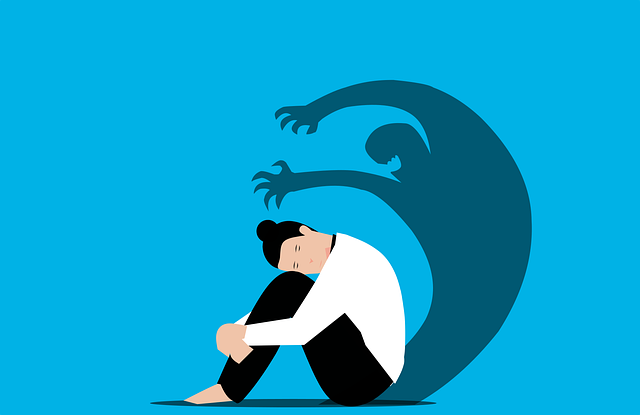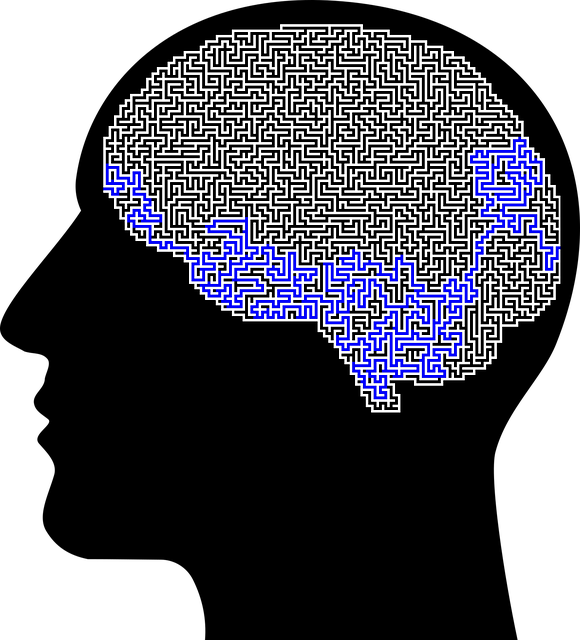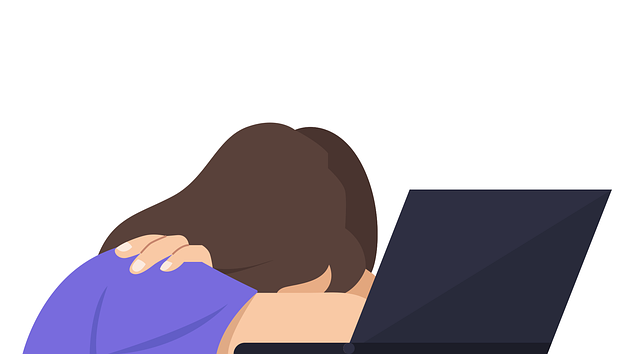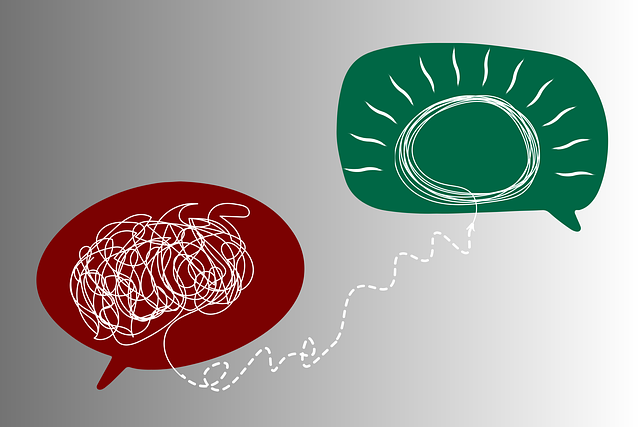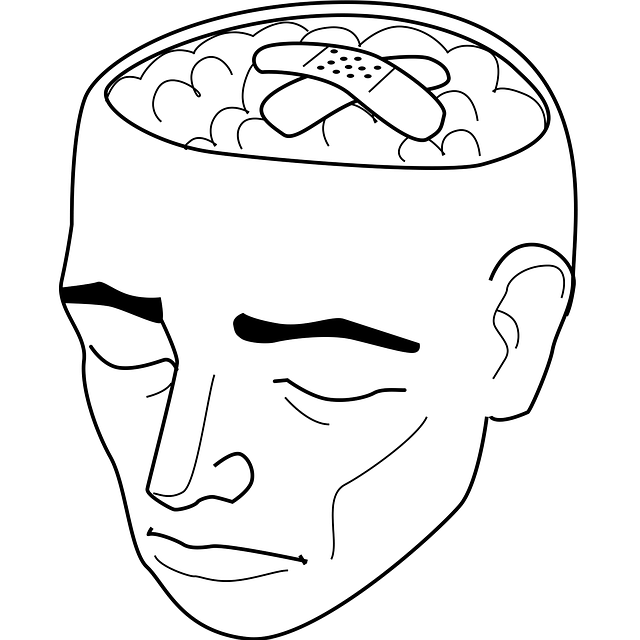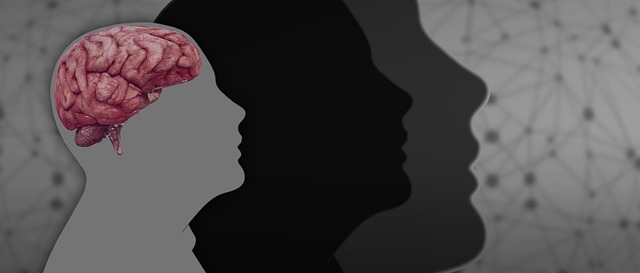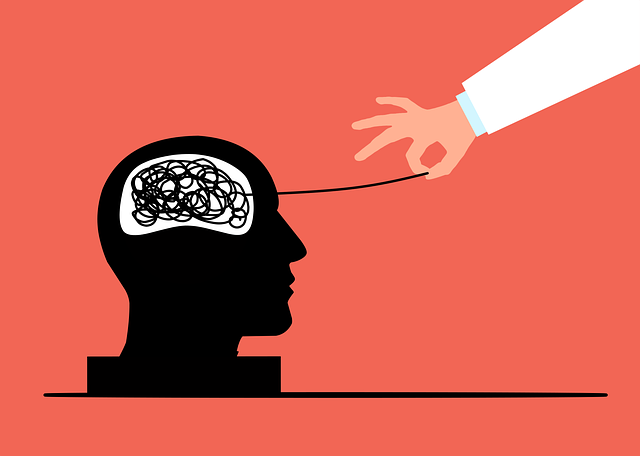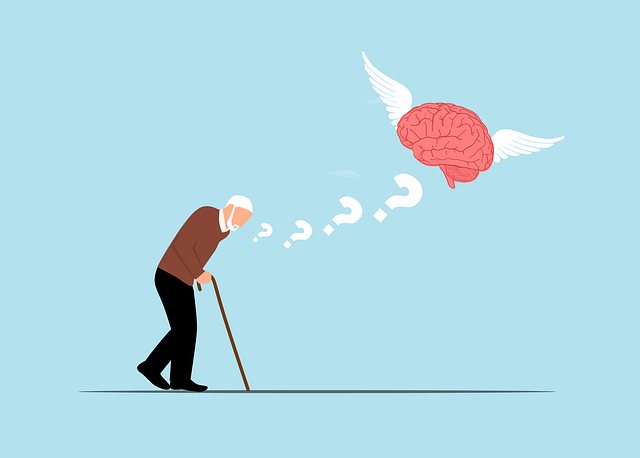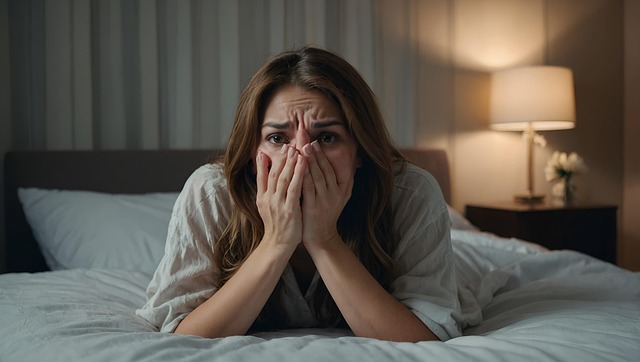Anxiety in children and adolescents, often manifested as specific phobias or avoidance behaviors, requires early intervention through therapy like Cognitive Behavioral Therapy (CBT), proven effective in managing fears. Integrated strategies including mindfulness, self-care routines, emotional intelligence development, and support from parents and caregivers complement CBT, promoting overall emotional well-being for kids with phobias. The Mental Wellness Podcast Series offers additional resources for families navigating childhood anxiety.
Anxiety is a common challenge faced by children and adolescents, impacting their daily lives and well-being. This article explores effective strategies to manage anxiety, focusing on Cognitive Behavioral Therapy (CBT) as a powerful tool for treating phobias in younger individuals. We delve into the understanding of childhood anxiety and present additional techniques to calm and manage anxious thoughts. Discover practical approaches to empower children and provide them with tools to overcome fear and live happier lives.
- Understanding Anxiety in Children and Adolescents
- Cognitive Behavioral Therapy (CBT): A Powerful Tool for Phobia Management
- Additional Techniques to Calm and Manage Anxious Thoughts
Understanding Anxiety in Children and Adolescents

Anxiety is a common experience for children and adolescents, often presenting as worries, fears, or avoidance behaviors. Understanding this complex emotion in younger individuals is crucial to their mental wellness. Many children struggle with specific phobias, such as fear of animals, heights, or enclosed spaces, which can significantly impact their daily lives and social interactions. Early intervention through therapy for children with phobias is essential to prevent these fears from escalating and becoming more debilitating.
Effective management involves a combination of self-care practices, communication strategies, and sometimes, professional guidance from therapists. By teaching young people coping mechanisms, promoting open dialogue about their feelings, and integrating mental wellness into daily routines, parents and caregivers can play a vital role in supporting their child’s journey towards managing anxiety. Additionally, the Mental Wellness Podcast Series Production offers valuable resources for families to learn more about childhood anxiety and discover various techniques to foster resilience.
Cognitive Behavioral Therapy (CBT): A Powerful Tool for Phobia Management

Cognitive Behavioral Therapy (CBT) is a powerful and effective tool for managing phobias in children. This evidence-based approach focuses on identifying and changing negative thought patterns that contribute to fear and anxiety. By helping young individuals recognize and challenge their distorted beliefs, CBT empowers them to face their fears in a gradual and controlled manner. Through this process, children learn self-awareness exercises that enable them to manage their emotional responses and promote better overall emotional well-being.
CBT also fosters inner strength development by teaching practical coping strategies tailored to each child’s unique needs. By engaging in therapy sessions, children gain valuable insights into their phobias, develop a sense of control over their emotions, and build resilience. This not only helps them overcome specific phobias but also equips them with lifelong skills to navigate various challenging situations, fostering greater confidence and self-assurance.
Additional Techniques to Calm and Manage Anxious Thoughts

In addition to traditional therapy techniques like cognitive behavioral therapy (CBT), there are a variety of strategies that can effectively calm and manage anxious thoughts, especially in children dealing with phobias. Emotional healing processes such as mindfulness meditation and deep breathing exercises have been shown to significantly reduce anxiety levels by training the mind to focus on the present moment, thereby diminishing fear-based responses.
Encouraging a child to participate in self-care routine development for better mental health, including regular physical activity, balanced nutrition, and adequate sleep, can also play a pivotal role in managing anxiety. Furthermore, cultivating emotional intelligence allows children to identify and understand their emotions more effectively, empowering them to respond to anxious thoughts with greater clarity and composure. These holistic approaches complement traditional therapy for children’s phobias, fostering overall emotional well-being.
Anxiety management techniques are essential tools for children and adolescents navigating phobias. Cognitive Behavioral Therapy (CBT) has proven effective in treating specific phobias by addressing underlying thoughts and behaviors. Beyond CBT, various additional strategies can help calm anxious thoughts, such as mindfulness, deep breathing exercises, and cognitive reappraisal. By understanding anxiety in young individuals and utilizing these techniques, parents and caregivers can foster resilience and improve their child’s overall well-being, ensuring a brighter future free from the shackles of excessive worry and fear.
